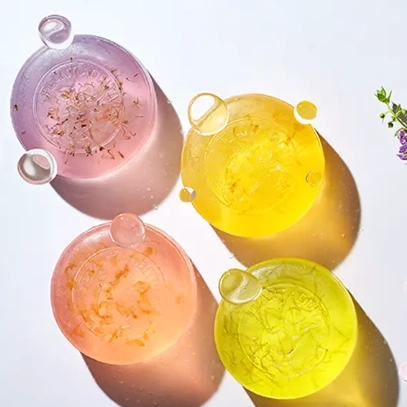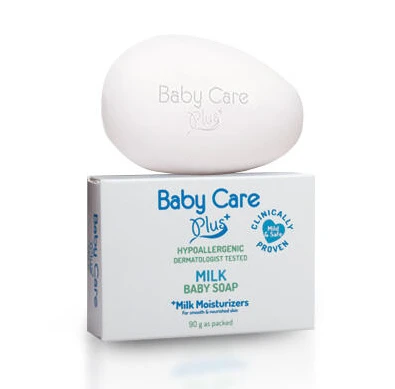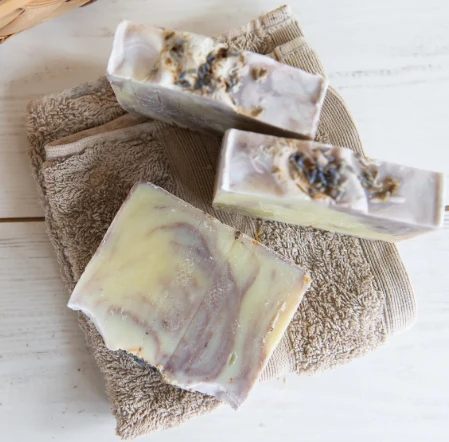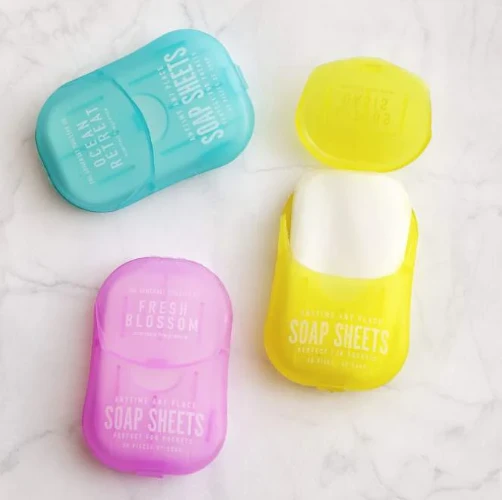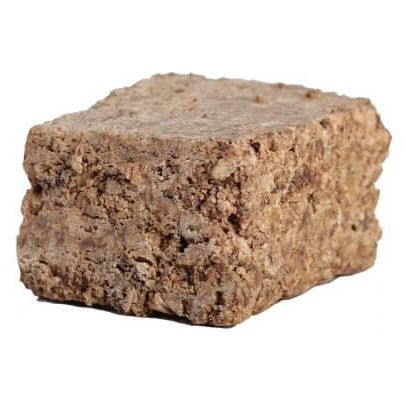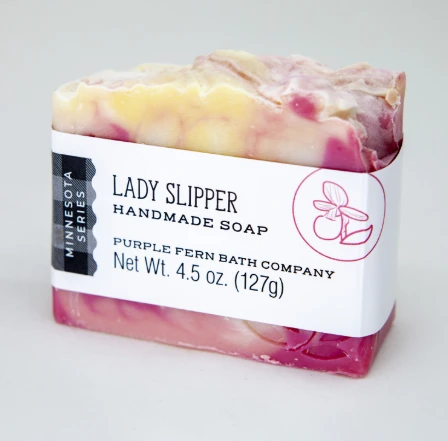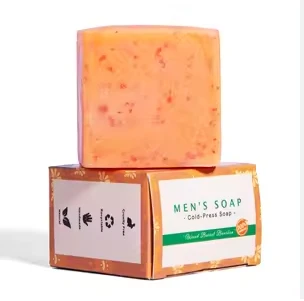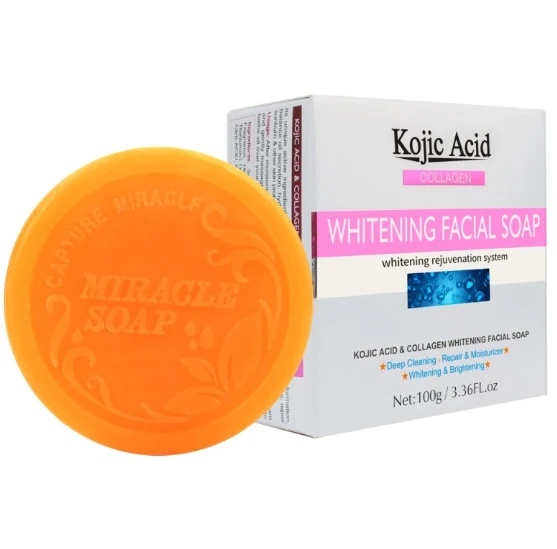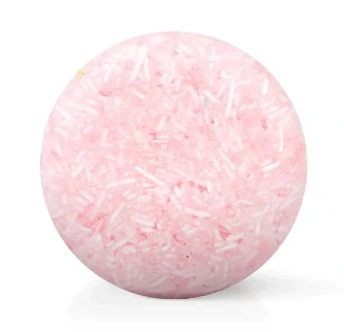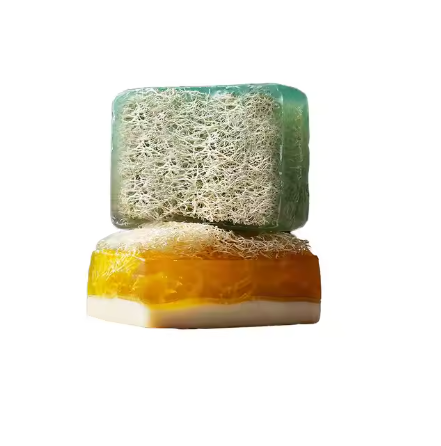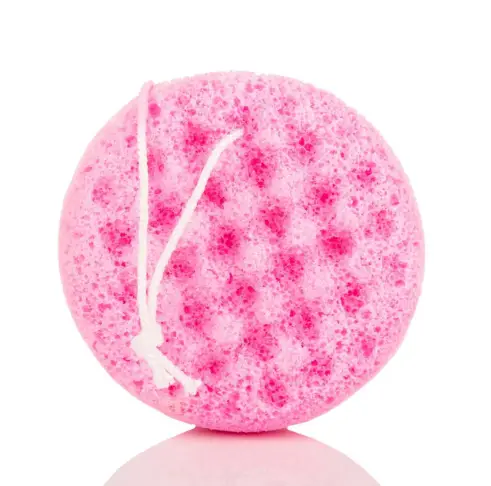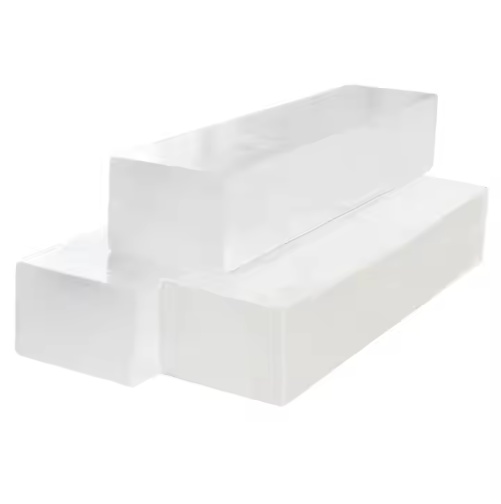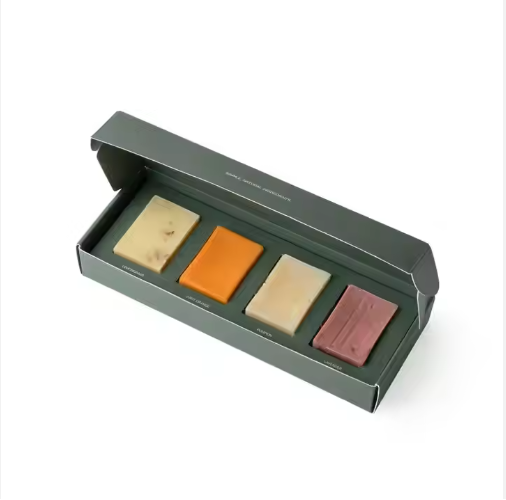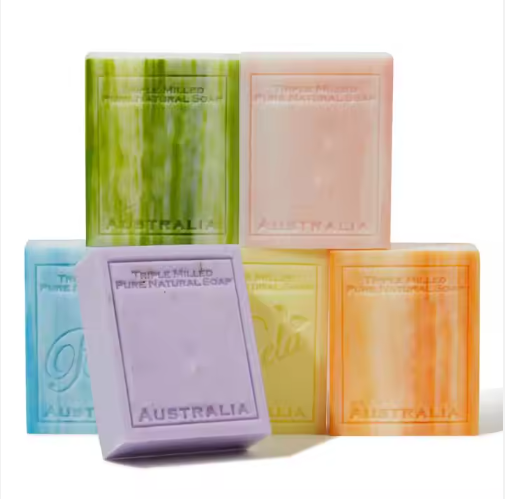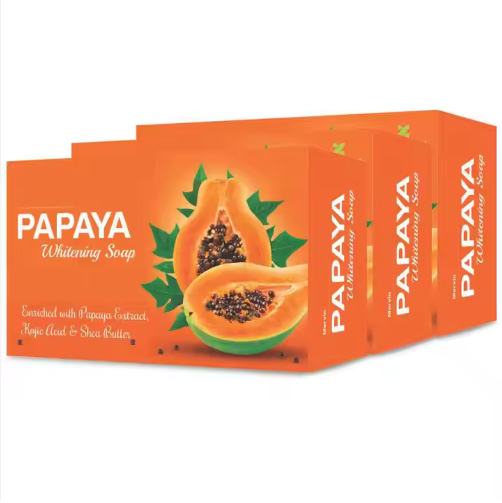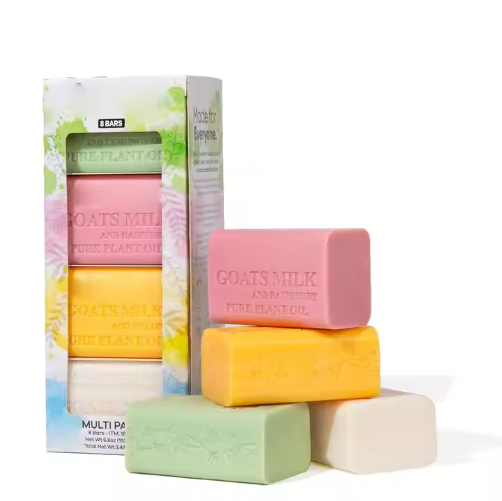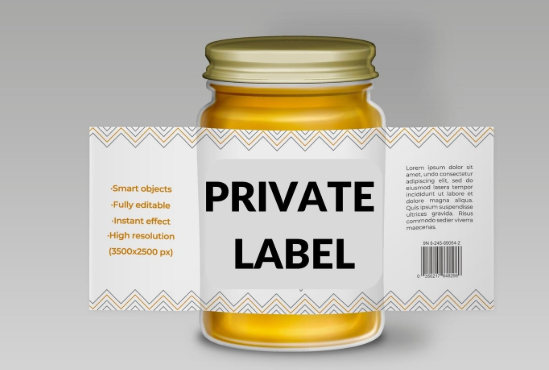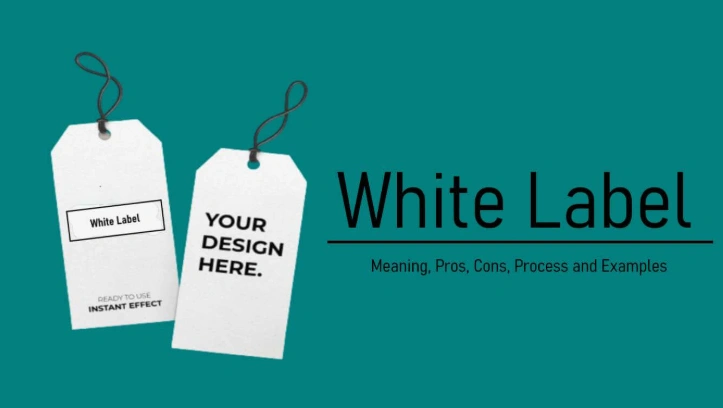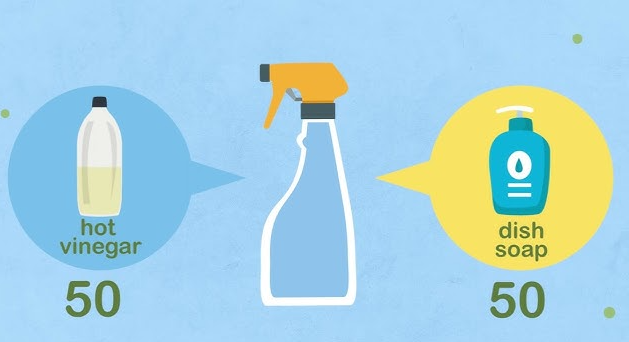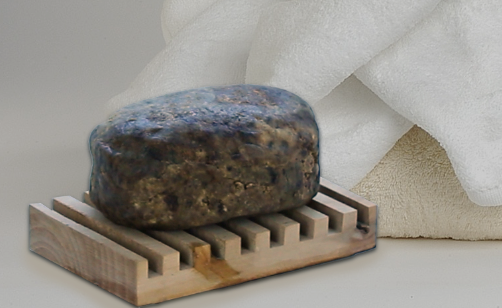What is White Labeling
What Is White Label?
White label refers to the process of manufacturing generic products and selling them under multiple brand names. White label products may have different logos, branding, packaging, and even different prices, but the basic construction is identical. White label products are sold through various channels, including retail stores, ecommerce platforms, and direct-to-consumer models. They help brands to reach diverse customer segments without the need for extensive distribution networks. White label manufacturers may offer limited product customization options, such as the application of a brand logo or graphic to a product’s exterior. They may also offer discounts to retailers for bulk orders. Other white label services, such as print on demand companies, will ship products directly to consumers after purchase.

What Is a White Label Product?
White label products are sold by retailers with their own branding and logo but the products themselves are manufactured by a third party. White labeling occurs when the manufacturer of an item uses the branding requested by the purchaser or marketer instead of its own. The end product appears as though it's been produced by the purchaser.
Who Uses White Label Products?
Multiple companies across various industries use white label products to expand their offerings quickly and cost-effectively, allowing them to compete in diverse markets without significant investment in product development or manufacturing. White labeling is prevalent across industries because it's efficient. It’s popular in sectors where manufacturing is complex, as well markets in which branding and marketing determine consumer decision-making.
What Is an Example of a White Label Brand?
An example of a white label brand is known as a store brand product such as "365 Everyday Value" from Whole Foods Market. These products include the retailer's name and are generally less expensive than other bigger brand products. This is essential to understand when looking at white label vs private label. The term white label refers to generic product items sold under larger names.
White Label Benefits
White label branding has benefits for manufacturers and sellers. Each can focus on their area of specialization (product production, product marketing) and leverage the other’s expertise. Some of the main advantages of the white label business model include: Low barrier to entry. Sellers can enter new markets without knowing the intricacies of producing a niche product.
Lower cost per unit. A white label manufacturer can bring down per-unit costs with large production runs, selling in batches to many retailers.
Increased product appeal. While a generic product may function well, branding the product may boost its perceived value.
Consistent quality control: White label manufacturers often have established quality assurance processes, ensuring consistent product quality across different brands.
Market adaptability: White labeling allows businesses to quickly respond to consumer trends and changing economic conditions, benefiting from distributional economies of scale.
White Label vs Private Label
When it comes to white label vs private label, note that private labeling is different from white labeling. Private labeling is when a product line is sold exclusively through one retailer, like AmazonBasics. White labeling is the process of selling a generic product to multiple retailers, who brand and price the product for their target market.
Similarities
At their core, private labeling and white labeling use the same business model. A third-party producer makes an item for a retailer, who sells it to a customer under a unique brand. In most cases, the manufacturer ships the product with a retailer’s branding and customizations applied, leaving retailers to focus on branding, marketing, and maintaining customer relationships.
Differences
Unlike white label products, which are usually the same except for the branding, private label products are unique, tailored to the retailer’s specifications. For instance, a retailer might submit an ingredients list for its skin care product or material and color requests for an item of clothing. This extra level of detail makes private label products distinct.
Can You Start a White Label Business from Scratch?

Yes. You can easily offer white-label products to other brands or start a business that sells white-label goods manufactured by other companies. The main benefit of that approach is it can give you time to build up your own manufacturing. Furthermore, unlike with dropshipping, by offering white-label goods, you’re developing your own brand. You also have the chance to test what products work well in terms of profits for your business.


